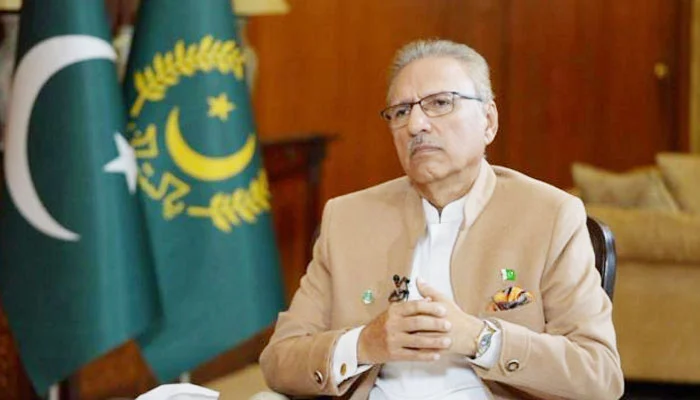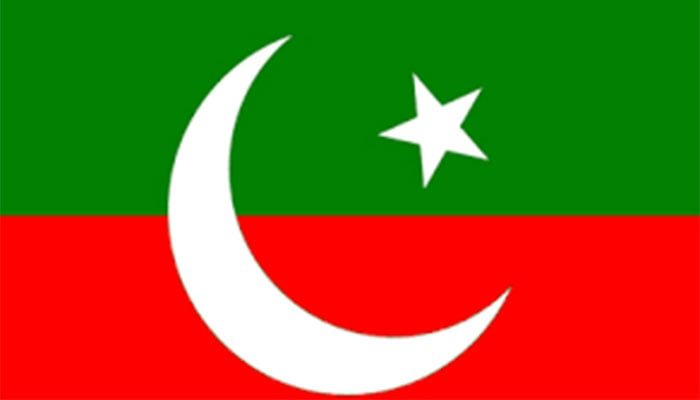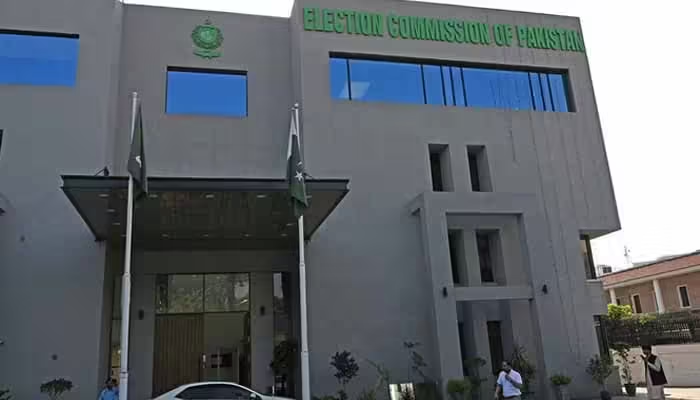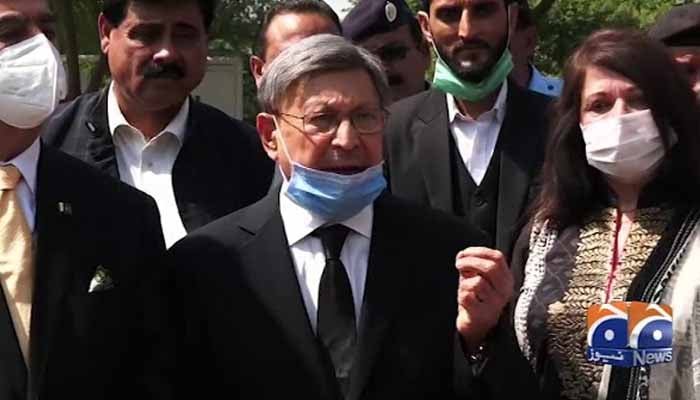Islamabad (Muhammad Saleh Zafar, Special Analyst) President Arif Alvi’s constitutional term is set to conclude today, marking the end of his presidency. In the midst of a political crisis and a search for a safe path in the turbulent circumstances, he finds himself in a precarious position. President Arif Alvi’s constitutional term is set to conclude today, marking the end of his presidency. In the midst of a political crisis and a search for a safe path in the turbulent circumstances, he finds himself in a precarious position. He will remain in the presidential residence for a few more weeks, akin to a “lame duck” president, until the general elections decide his successor or until he continues to occupy the presidency to preserve the political interests of his party, Pakistan Tehreek-e-Insaf (PTI).
In this regard, President Alvi has consulted extensively with the leadership of his party, PTI, including its legal experts. Reliable sources close to the President have reported that last month, he indicated to his staff at the Presidential Palace that on September 9, he would review the Guard of Honour outside the Presidential Palace. This would serve as a signal and announcement of his departure from the official residence. Since then, silence has prevailed on this matter.
President Alvi appears to have made the decision to utilize the sanctuary provided by Article 44 of the Constitution to remain in the Presidential Palace and continue to wield authority improperly until his successor is chosen through the democratic process. However, the party to which he belongs, PTI, does not currently enjoy acceptance in any political faction, as they face severe allegations of promoting unrest and anti-state activities. Some of their prominent leaders are either in jail or have gone underground due to their controversial actions, making it difficult for President Alvi to maintain a visible presence. His orders are not being adhered to by the government bureaucracy, and it is not necessary that his wishes will be respected in the coming days.
Apart from signing a few government documents, he will have no official responsibilities. The task of obtaining diplomatic documents from embassies in Pakistan will fall to the designated new envoys and high commissioners, while he will be confined to the Presidential Palace. If President Alvi chooses to prolong his stay in the Presidency for a few more days instead of exercising his constitutional right, it could be deemed illegitimate. This situation arises when a person in a political office loses political acceptability.
As President Arif Alvi departs today after completing his term, he will face some legal challenges on the very next day. These include a case involving the violation of the constitution, as well as another case of breaking the law to disrupt the National Assembly. Additionally, he will not have judicial protection, as he recently took drastic actions on the pretext of “bravery” when his individuals attempted to utilize the Presidential residence for their business activities, a claim he had endorsed. His family members are also facing accusations of using the Presidential Palace for their commercial pursuits, which President Alvi deemed criminal. President Arif Alvi’s exit from office marks the culmination of his constitutional term. However, his continued presence in the Presidential Palace raises questions about the legitimacy and effectiveness of his role during this period of political turmoil in Pakistan.



